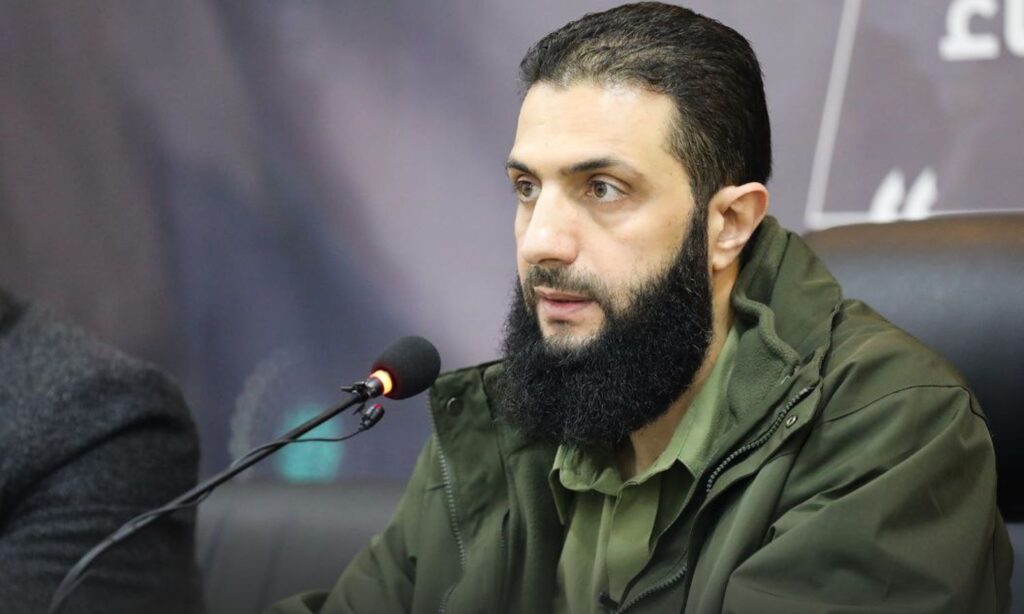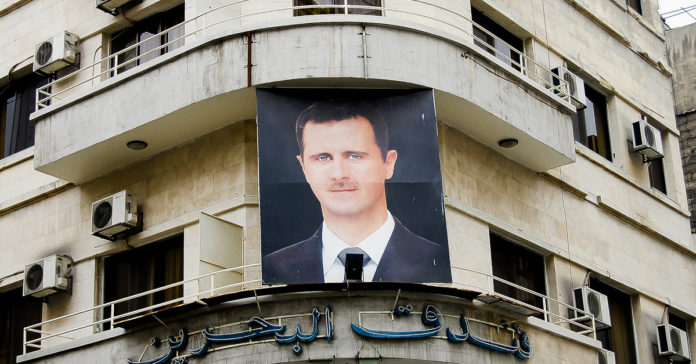After 53 years, the Assad regime in Syria collapsed on Sunday when the capital Damascus fell following a rapid rebel offensive.
Syrian state television on Sunday aired a video statement announcing the departure of long-time President Bashar al-Assad and the release of all prisoners from prisons.
In the first official statement by the HTS, the leading rebel group declared: “On this historic day, we announce that the forces of revolution and opposition have taken charge of affairs in beloved Syria, and we confirm our commitment to building a free, fair and democratic country”.
Anti-regime groups entered the southern suburbs of Damascus on Saturday, shortly after which regime forces withdrew from the Defence and Interior ministries and the international airport in Damascus.
As anti-regime armed groups began to dominate the capital, the Assad regime on Sunday morning lost all control of Damascus. Amid rumours he fled the capital, the whereabouts of the ousted Assad are currently unknown.
Developments
Clashes broke out between Assad regime forces and anti-regime armed groups on Nov. 27 in rural areas west of Aleppo, a major city in northern Syria.
Subscribe to our newsletter and stay updated on the latest news and updates from around the Muslim world!
On Nov. 30, anti-regime groups took control of most of the centre of Aleppo from regime forces, and on the same day, they gained control over the entire Idlib province. Last Thursday, after fierce clashes, the groups took the city centre of Hama from regime forces.
Anti-regime groups captured some settlements in the strategically important province of Homs, a gateway to the capital Damascus, and started to advance there.

In the strategic province of Homs, anti-regime forces took control of the provincial centre on Saturday, opening the route to Damascus.
The dramatic collapse prompted the defections of waves of Syrian troops who reportedly crossed the border into Iraq. Iranian backed militias also withdrew forces from areas within and around Damascus.
As rebel forces advanced into the capital on Sunday morning, factions of the Syrian Republican Guard defected, resulting in the emptying and capture of the Adra and Sednaya prisons in Damascus, which held thousands of political prisoners.
As regime forces withdrew from public institutions and streets and with speculations of Assad’s departure from Damascus, Assad’s forces conceded the capital to anti-regime forces.
Syrian regime’s response
In a video message on social media, Mohammad Ghazi al-Jalali, prime minister of the Bashar al-Assad government, said they are ready to work with a new government elected by the people in Syria and are ready to provide all kinds of support.

Urging that public property be spared any damage, Jalali said: “We are extending our hand to the opposition, who said they would not touch anyone and extended their hand to us.”
“Syria belongs to all Syrians. This country can be a normal country, this country can have good relations with its neighbours and the world,” he added.
Abu Mohammed al-Jolani, leader of the anti-regime armed group Hayat Tahrir al-Sham (HTS), warned against approaching public institutions in Damascus, saying on social media: “These institutions will remain under the supervision of the former prime minister until they are officially handed over.”
“It is strictly forbidden to approach public institutions,” he said, adding: “Firing into the air is also prohibited.”








![24 Hour Road Trip Through Free Syria [Short Film]](https://5pillarsuk.com/wp-content/uploads/2025/02/IMG_5907-218x150.jpg)














